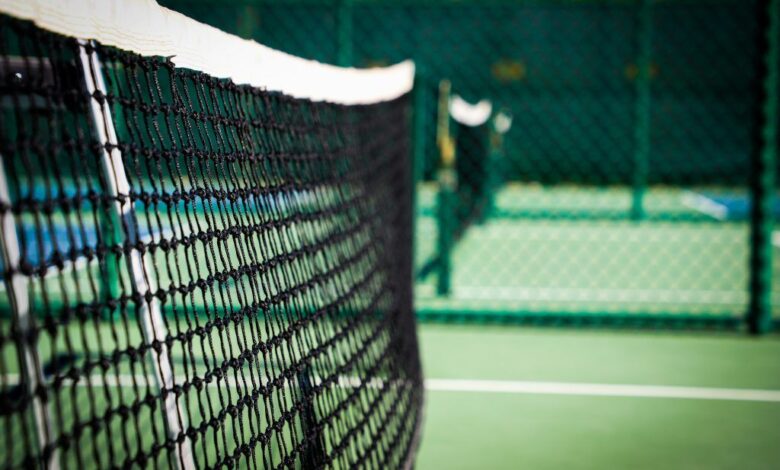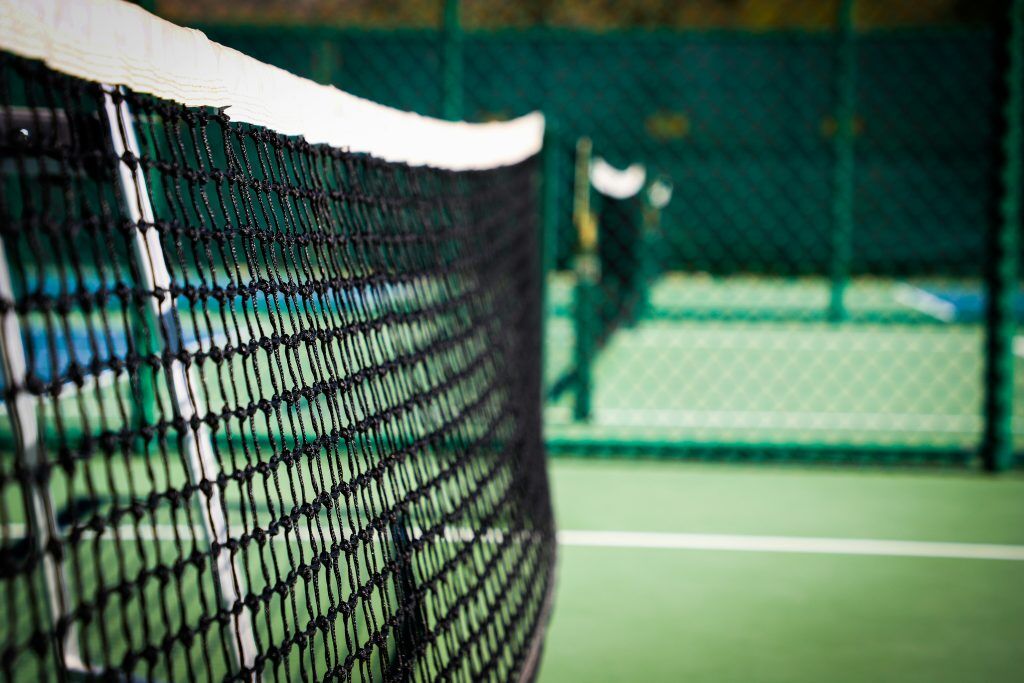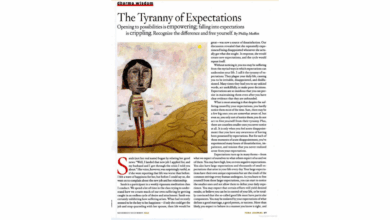From Stillness to Speed: 10 Lessons Pickleball Taught Me about Meditation


I discovered pickleball during the pandemic, and like so many others, I instantly fell in love with the game. As a former tennis player, I took to it right away. It’s fun, engaging, and keeps you moving. But after a few months of playing, I began to notice something unexpected—my meditation practice was hindering my pickleball game.
Meditation had been a lifesaver for me during my fast-paced career on Wall Street. I started practicing sitting meditation twenty years ago to help me with severe stress, pain, and depression. For over a decade, I’ve worked as a meditation coach and trainer, offering certified Meditation Teacher and Coach trainings around the world.
But on the pickleball court, my reaction time was way too slow. I found myself watching fast volleys fly by while I was just “standing still.” Meditation, with its focus on pausing and reflecting, had left me too grounded and centered. I realized that to really excel in pickleball, I needed to change my approach. I had to move my body more actively and engage fully, especially after so many hours of sitting still in meditation.
Over time, my perspective about meditation changed. Pickleball revealed new insights into what it means to be meditative, transforming how I approached both activities. Combining a physical skill, whether in sports or art, with meditation gave me a fresh perspective on how mindfulness impacts our performance. It’s all about finding balance between the two, and for me, that meant becoming more dynamic and quick to act.
Here are 10 key lessons pickleball taught me about meditation:
1) Not All Meditation Practices Help with Pickleball
Pickleball moves fast. And while hours spent in stillness can bring clarity, they can also make you feel less responsive on the court. The best meditation for dynamic activities like pickleball is an active one—like a mantra or affirmation that keeps you focused and ready for action. Think, “I am focused on the ball,” to keep both your mind and body engaged.
2) Trust Your Instincts
Meditation often emphasizes stillness, but pickleball demands the opposite: fast, instinctive movement. It’s not about standing still; it’s about constantly being ready to act. A quick jog in place before a point can prime you to move, react, and trust your instincts when that ball flies toward you.
3) Silence Isn’t Always Golden
While meditation teaches us the value of silence, on the pickleball court, communication is key. Don’t be afraid to call out for the ball or shout out to your partner. Urgent, clear communication can be the difference between winning or losing a point.
4) Grounding Is Good, But Don’t Get Stuck
In meditation, we often practice grounding—feeling solid and connected to the earth. While this is great for presence, it doesn’t always work in pickleball. You need to stay light on your feet, with your weight and energy forward, so you’re ready to move quickly. Be grounded, but stay agile.
5) Let Go of Judgment
Competition can bring out our inner critic. It’s easy to get frustrated with yourself for missing a shot or to silently judge your partner. But just like in meditation, it’s important to observe those thoughts and release them. Let go of bad shots so that you can focus on the moment. Breathe deeply and stay composed so you can play your best game.
6) Patience Is Power
When the game speeds up, you might get off-balance. But sometimes, the best move is to reset the pace. Soft shots can win just as much as powerful smashes. Don’t get anxious to win the point. Be patient, wait for the perfect opportunity to attack, and remember: timing is key.
7) Love and Acceptance are a Winning Strategy
Competition can bring out our inner critic. It’s easy to get frustrated with yourself for missing a shot or to silently judge your partner. But just like in meditation, it’s important to observe those thoughts and release them. Let go of bad shots so that you can focus on the moment. Breathe deeply and stay composed so you can play your best game.
8) It’s Okay to be Aggressive
While meditation is often about passively observing without reacting to impulses, that approach won’t get you far in pickleball. In some spiritual practices, aggression is frowned upon. But to excel in the game, it’s essential to take initiative, tap into your competitive spirit, and assert your strength.
9) Elevate Your Awareness
What kind of energy are you bringing to the court? Are you in tune with your emotions? Mindfulness is about raising your awareness—becoming more conscious of your mental, physical, and emotional state. Take a moment to check in with yourself, acknowledge what you’re feeling, and take responsibility for the energy you bring to the game.
10) Embody the Spirit of Pickleball
Pickleball, at its heart, is about fun and community. It’s not just about winning—it’s about the joy of play. Bring that same open, inclusive energy to both your meditation practice and your pickleball game. Meditate on being a good sport, stay light-hearted, and always embrace the spirit of the game.
In the end, pickleball has made me a more mindful player—both on and off the court. Next time you step onto the pickleball court, remember that it’s not just a game. It’s a chance to develop the skills that matter most in life.




